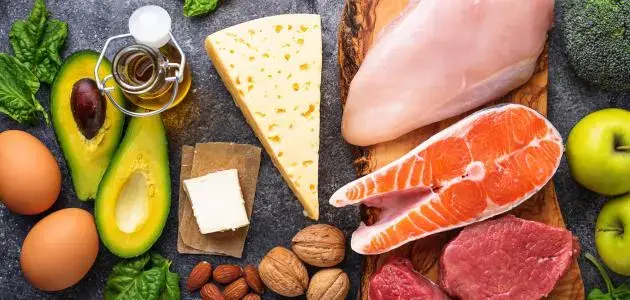What Is Zinc?
Zinc is one of those essential minerals your body needs, even if only in small amounts. Despite that, it plays a pretty big role in keeping you healthy. It helps a lot of important enzymes do their jobs, and not getting enough of it can lead to a bunch of health issues. Zinc is especially key for a strong immune system. You can get it from certain foods or take it as a supplement.
Benefits of Zinc
Zinc has a lot going for it when it comes to health. Here are some of the main benefits:
- Helps keep your immune system running smoothly
- Can reduce the risk of getting diarrhea
- Supports brain function and memory by helping nerve cells communicate
- May help with cold symptoms
- Promotes healthy skin
- Speeds up wound healing
- Lowers the risk of age-related diseases
- Boosts fertility and helps prevent infertility
Signs You Might Be Low on Zinc
Even though your body doesn’t need tons of zinc, not getting enough can still cause issues. Here are a few signs to watch out for:
- Loss of appetite
- Slow growth (especially in kids)
- Delayed puberty
- Feeling tired or sluggish
- Hair loss
- Unexplained weight loss
Foods That Are High in Zinc
There are plenty of foods that naturally contain zinc. Some good sources include:
- Seafood like fish, oysters, and sardines
- Wheat germ
- Red meats such as liver, beef, and lamb
- Pumpkin seeds
Taking Zinc Supplements
If you're not getting enough zinc through your diet, supplements can help. But before adding a zinc supplement to your routine, it’s best to talk to your doctor. Some supplements can interact with medications like antibiotics, arthritis drugs, or diuretics, so getting professional advice is a smart move.
Leave a comment
Your email address will not be published. Required fields are marked *




